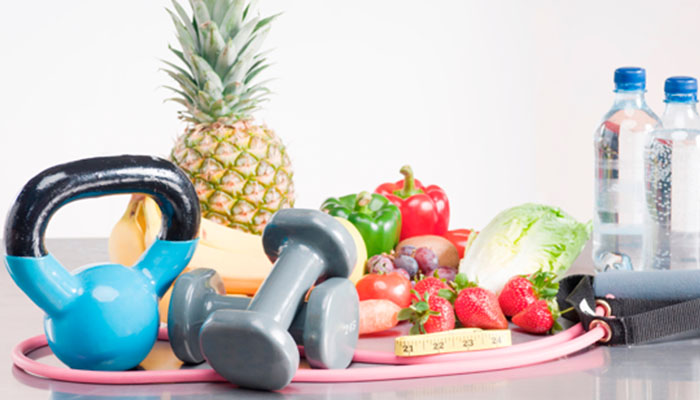Nutrition is a key aspect of health and wellness for any child. It can be especially important for the teenager involved in athletic activities. Young athletes are vulnerable to the diet fads and misinformation often found in social media and may lead to harm instead of improved performance.
Research continues to support a healthy diet as an important component to overall performance. Your body will use the proteins and carbohydrates from regular food as well as from supplements or sports power bars; it does not distinguish how fancy the package is, just that it has the nutrients it needs.
Energy (Calories): Physical activity increases the need for calories. A young athlete may need an additional 500 to 1500 calories per day if they are very active to meet their energy needs for both exercise and growth. Adequate growth, appropriate body weight and appetite cues indicate if your child is eating enough.
Carbohydrates, especially complex carbohydrates in the forms of fruit, vegetables and whole grains are a quick energy source for an athlete. Sugary candy bars or sodas will give you quick energy as well but often leave the teen loosing energy or “crashing” mid practice or game.
Protein: Proteins help with endurance during a full day of sports or for strength training. Most teenagers in the US get plenty of protein from their diet and do not need extra protein in the form of powders or shakes. Fish, lean meats, eggs, dairy, nuts, soy and peanut butter are good sources of protein. Higher consumption of protein supplements may actually cause dehydration, calcium loss and stress the kidneys.
Vitamins and Minerals: A diet with plenty of variety should give children all the vitamins and mineral needed. There are some common exceptions. If you live in a northern climate such as Minnesota, you do need extra Vitamin D. If you have iron-deficient anemia you may need iron supplements and if you do not have 3 or more servings of calcium rich foods, per day, such as dairy products you will need a calcium supplement.
Hydration: Children are especially prone to dehydration. It is important to be well hydrated at all times rather than just making sure the water bottle is full and they are drinking throughout the game. What is the best drink to keep you hydrated? WATER. Sports drinks are OK but are not really needed to improve performance despite what the advertisers want you to think. It’s best to reserve sports drinks to workouts lasting longer than 60 minutes in very hot and humid weather.
Meals: A light meal several hours before a game is best. During intense physical activity be sure to maintain hydration. Smaller carbohydrate rich meals are good for between games if there are hours between the activity. Fruit, crackers or veggies may be helpful at this point. After a game, beverages with some carbohydrates are encouraged. Sports drinks (if the activity has been longer than 60-90 minutes) or chocolate milk are good choices.

Leave a Reply